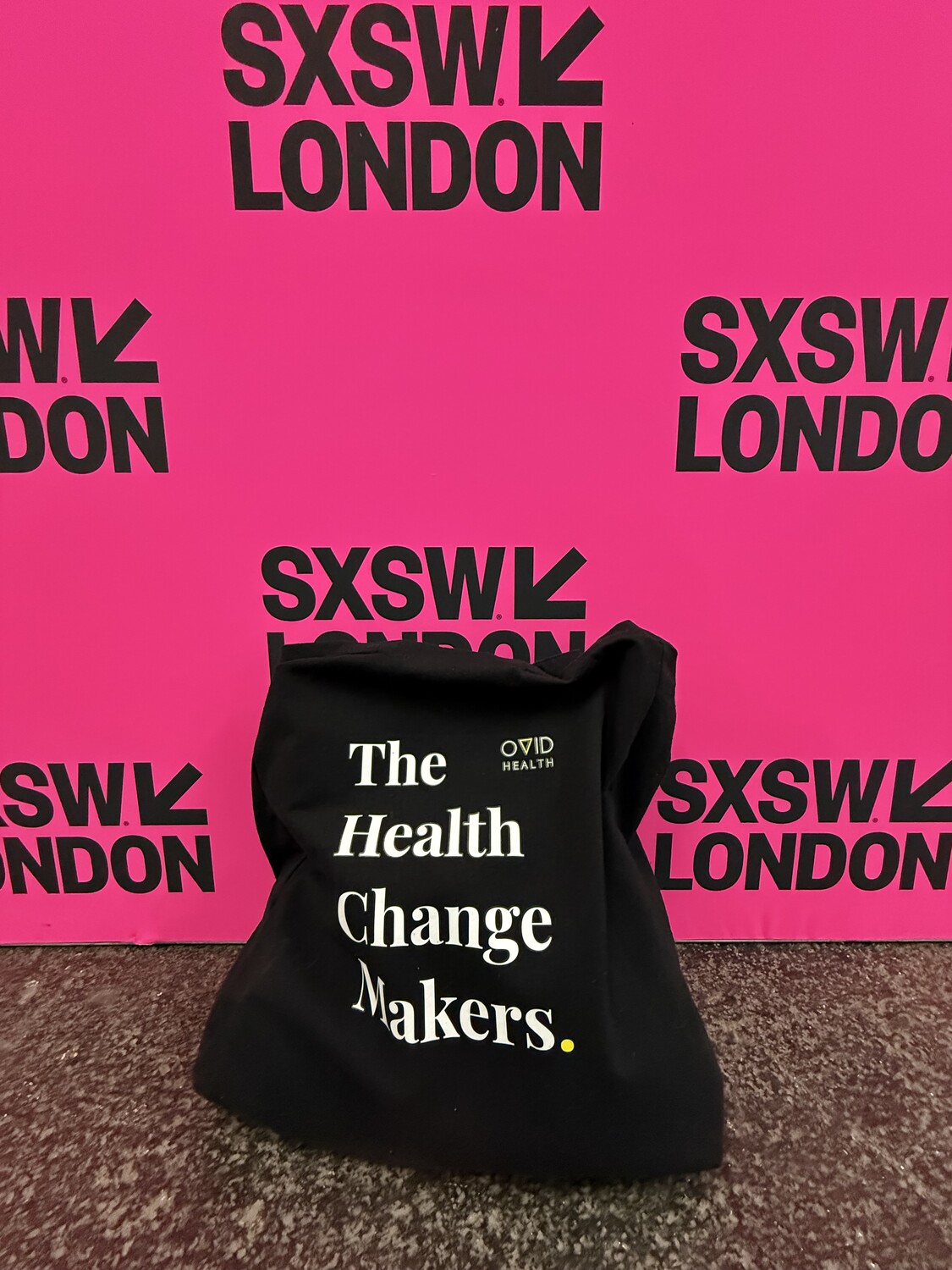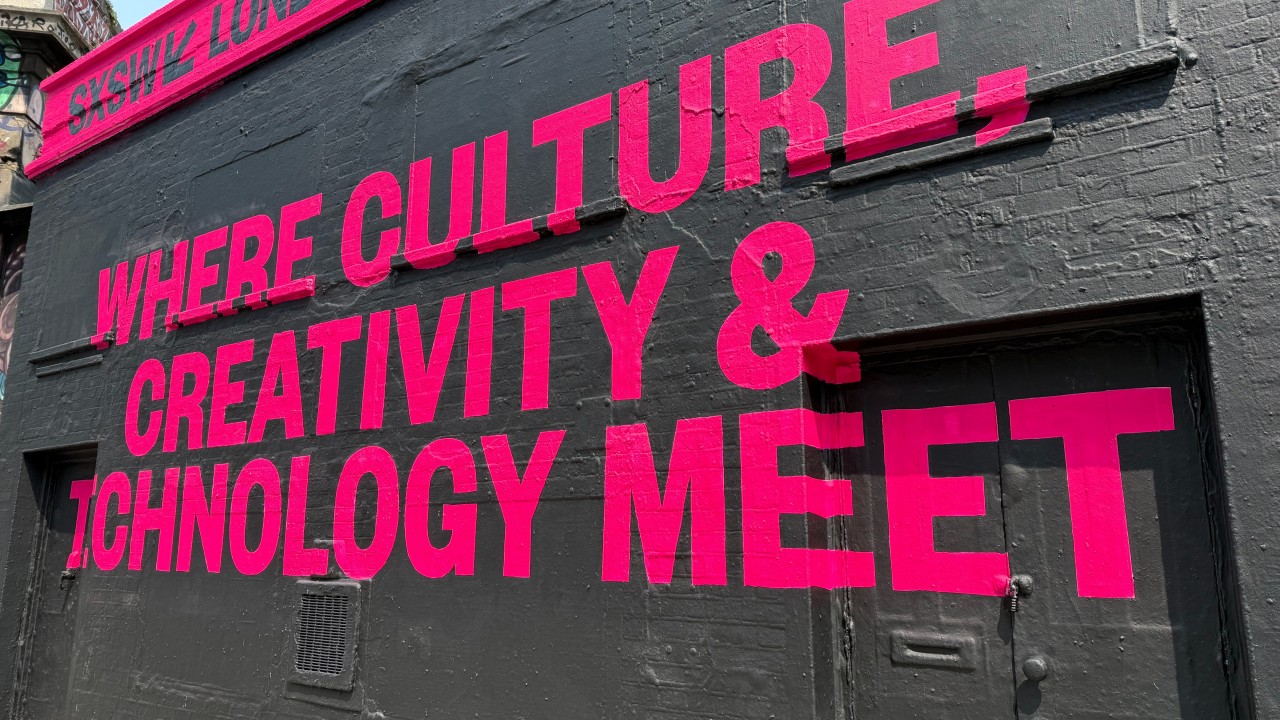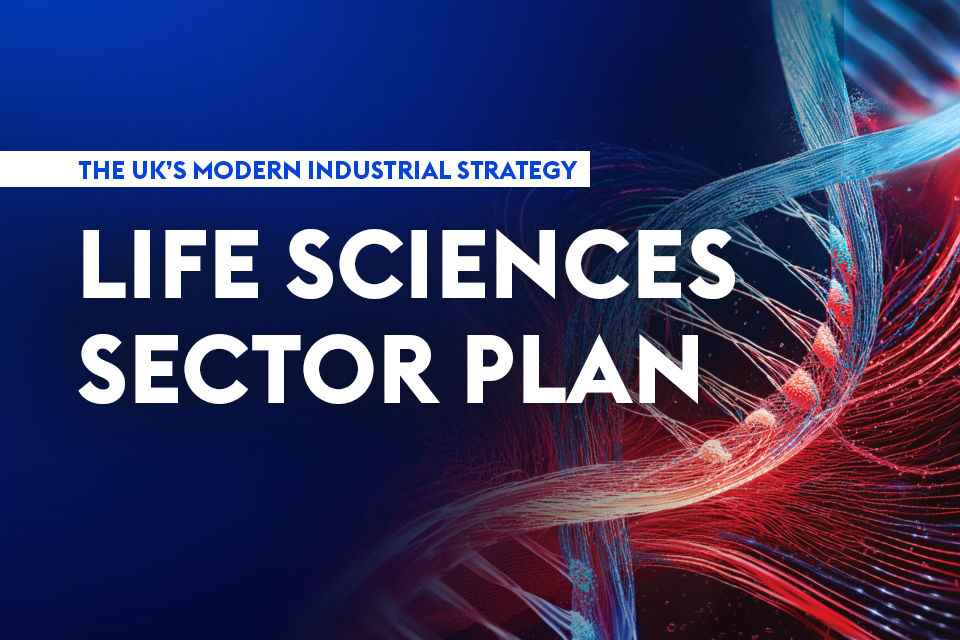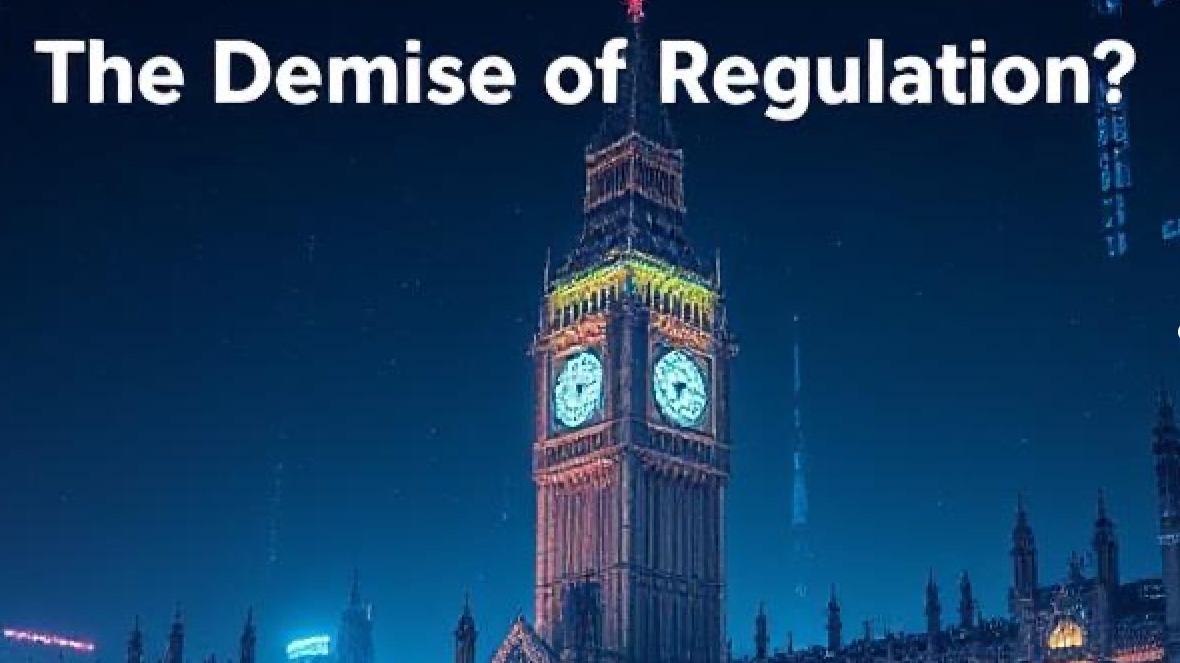

Here’s our round-up of SXSW London insights at the conclusion of a packed festival-conference. While SXSW is not a health conference or a life sciences event, at OVID we’re health change makers (as are our clients)—so what better place to explore creative and cutting-edge innovations than at SXSW’s first outing outside of Texas around the cobbled streets of Shoreditch?
1. Innovation ‘Grief’
Innovation often comes with emotional costs—a reality that the life sciences sector knows all too well.
In a compelling talk by Aaron L. Powers, it was highlighted that even simple brands can face backlash when consumer app updates go wrong. These lessons from consumer marketing are particularly relevant for pharmaceutical companies withdrawing from therapy areas or discontinuing products. Companies should honour the emotional connections patients had with past treatments while guiding them toward a future they may not yet fully comprehend.
When acknowledged and shaped, grief can act as a bridge rather than a barrier. Life sciences firms, in particular, can learn to communicate change with empathy instead of defensiveness.
2. Leadership Lessons
The most powerful leadership tool? Listening. The mantra “Shut up and listen” unlocks agency and trust—something we know from our work advising pharma companies on policymaker engagement.
The NHS clinical entrepreneurs showcase on Wednesday reminded us that innovation thrives when organisations nurture internal talent and challenge assumptions. Highlights included post-mortem imaging services by Anubix and AI-powered clinic expansions by DeepMedical.
Bryan Glick, shared lessons from the Horizon Post Office Scandal, urging companies to avoid similar pitfalls by valuing people, questioning culture, and resisting the temptation to outsource core competencies.
3. Identity
During a panel on English identity, Caroline Lucas, former Green Party leader, called for reclaiming English identity from reductive narratives. She emphasised that progressive patriotism is not an oxymoron—it’s a necessity.
Discussions also revealed millennials as active consumer voices, particularly in ageing and wellness conversations. Neglecting this demographic is a missed opportunity for many in the health and wellness space. While their presence on platforms like TikTok varies, their spending power and untapped loyalty remain considerable.
4. AI and the Future of Work
AI tools are now capable of simulating public perception of corporate brands, including pharmaceutical companies. However, AI cannot make creative leaps and is susceptible to “reward hacking,” where it prioritises pleasing outcomes over accuracy. This highlights why strategic advice still matters.
AI should act as a productivity amplifier, not a job eliminator. While fears around AI are valid, the opportunities—especially for creative industries—are immense. The speed of change is undeniable; for instance, ChatGPT surpassed 2 billion searches faster than Google.
5. Genetic Testing, AI Nurses, and Prime Ministers
This week, SXSW brought not one but two former Prime Ministers to the stage. Tony Blair spoke about the transformative potential of AI doctors and nurses in public services like the NHS. His call to action resonated with the tech-enthusiast audience, though communicating this vision to the general public may prove more challenging.
David Cameron proposed genome sequencing for children in paediatric care or neonatal intensive units as part of a drive to cure 40 rare diseases. He presented this vision in the context of his role as chair of the Oxford-Harrington Rare Disease Centre.
At OVID, we’re not just observing the future—we’re shaping it.

Article originally published on LinkedIn on 5th June




